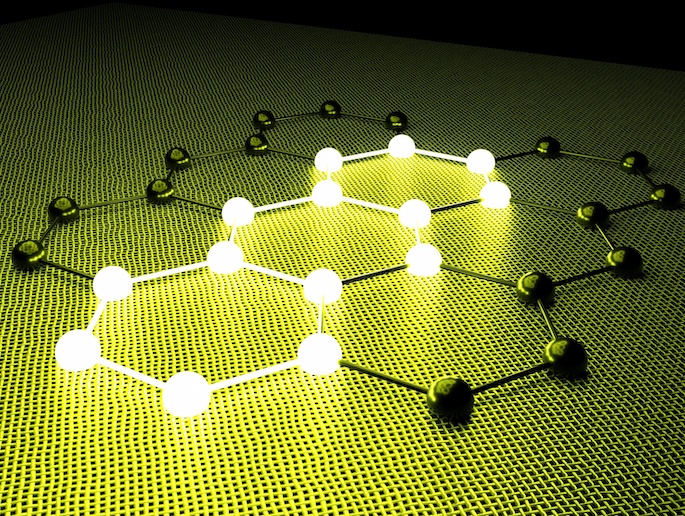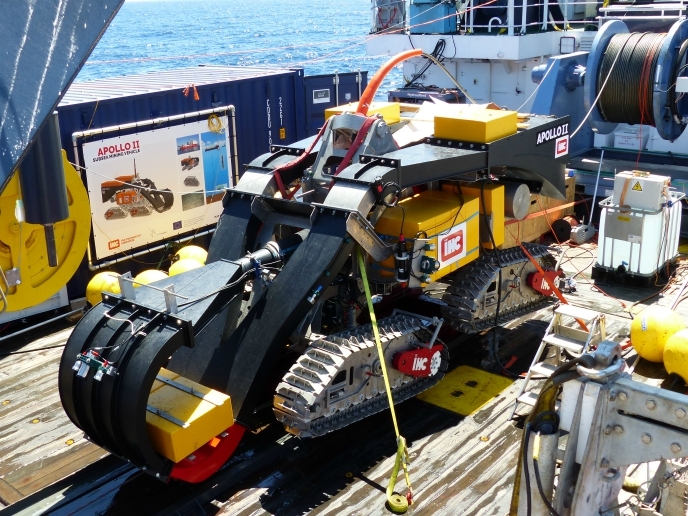Reliable semiconductor packaging technology
Currently, most semiconductors are made out of silicon. However, silicon cannot correctly function above approximately 200 °C, and there are some important applications above that range. Offering increased operating temperatures, semiconductors based on SiC have already gained momentum in electric vehicles as well as in energy and aerospace industries. Overcoming reliability issues of SiC semiconductors and the surrounding package was the aim of the EU-funded project MATPLAN (Construction of bespoke evaluation power modules). To this end, project partners fabricated and tested a sintered SiC power module with low stray inductance to see if it met the requirements at high temperatures. The 10 kW SiC power module consisted of four SiC metal oxide semiconductor field-effect transistors and four Schottky barrier diodes. Project partners implemented a new packaging concept involving silver sintering, a silicon nitride substrate, no wire bonds, no baseplate and a flexible printed circuit board foil with integrated terminals. By using the newly developed SiC-based chip set and the new packaging technology, the SiC power module proved to successfully operate at 200 °C. Project partners also produced compliant pillars for interconnecting power semiconductors (dies) with a high-voltage circuit breaker – a switch designed to protect circuits from overloads or short circuits. The MATPLAN packaging solutions eliminate the need for using unreliable aluminium wire bonds, replacing them with seamless contacting techniques on either side of the active semiconductor. Thus, they provide reliable low-inductance contact with a low thermal resistance. Project packaging solutions are easy to manufacture and come at a low cost compared to current double-sided cooled structures. By making the use of high-temperature semiconductor devices easier, they should find wide application in the aerospace industry.
Keywords
Semiconductor, packaging, power modules, high temperatures, silicon carbide, aerospace







